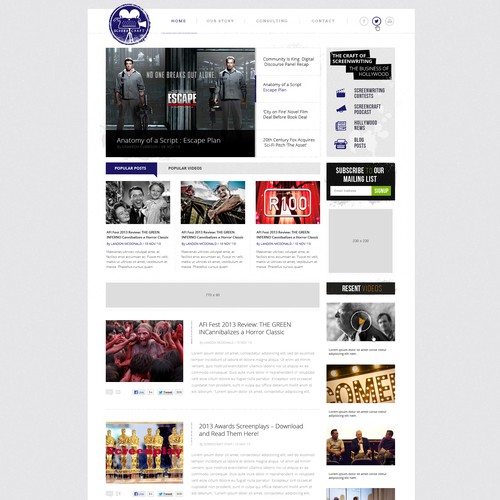Everything about News Websites
Everything about News Websites
Blog Article
All about News Websites
Table of ContentsAn Unbiased View of News WebsitesNews Websites Can Be Fun For EveryoneThe 9-Minute Rule for News Websites4 Simple Techniques For News WebsitesOur News Websites Diaries
It was down in the UK and Brazil but up a few other nations, such as Greece, Bulgaria, and Poland (News Websites). This year, for the very first time, we asked about the different ways that people prevent the information and located that around half of avoiders (53%) were attempting to do so in a broad-brush or routine means for instance, by shutting off the radio when the information began, or by scrolling past the news in social mediae.g. scrolling previous news, altering networks when news comes on. of avoiders inspect sources much less commonly. e.g. limit to certain times of day, shutting off notices, etc. of avoiders stay clear of some topics. e.g. subjects that reduce state of mind or increase anxiousness. You said that you attempt to proactively avoid information.

I'm possibly picking to learn more light-hearted tales than I utilized to right now. M, 51, UK Turning my back on information is the only method I feel I can deal often. I have to purposely make the initiative to turn away for my very own psychological health and wellness.
Examine This Report about News Websites
Selective avoidance of Ukraine information was highest in most of the countries closest to the problem, enhancing findings from our added study last year, right after the battle had started. Our information might not suggest a lack of passion in Ukraine from nearby countries however rather a wish to manage time or secure mental health and wellness from the very actual scaries of battle.
Comparing Finland with a politically polarised country such as the USA (see following graph) that is less impacted by the war, we discover a really various pattern of topic avoidance. In the USA, we find that consumers are more probable to avoid subjects such as nationwide politics and social justice, where arguments over concerns such as gender, sexuality, and race have come to be extremely politicised.
American politics are rather harmful these days. I find in some cases that I need to disconnect from tales that simply make me angry. F, home 61, USA For some individuals, bitter and dissentious political debates are a reason to shut off news entirely, but also for some political upholders, evasion is frequently concerning blocking out perspectives you do not intend to hear.

All About News Websites
Some are wanting to make news a lot more obtainable for hard-to-reach groups, broadening the information program, appointing even more motivating or favorable information, or accepting positive or services journalism that provide people a feeling of hope or individual agency. In our survey this year, we asked respondents concerning their interest in these various approaches.
This describes why tales like Ukraine or national politics execute well with information regulars but can at the very same time turn much less interested users away (News Websites). Discerning avoiders are less interested in all types of information than non-avoiders but in family member terms they do seem to be a lot more interested in positive or solutions-based news

Excitement About News Websites
2023). This might hold true in the minute, yet with time it appears to be leaving many individuals empty and less satisfied, which might be weakening our connection with and count on in the news. Throughout markets, total rely on information (40%) and count on the resources people use themselves (46%) are down by a further 2 percentage factors this year.
Through the rear-view mirror, the COVID-19 trust bump is clearly visible in the following chart, though the direction of traveling after that has actually been blended. In some instances (e.g. Finland), the depend on increase has been kept, while in others the upturn looks even more like a spot in a story of ongoing long-lasting decline.
A few of the highest reported degrees of media criticism are discovered in countries with highest degree of distrust, such as Greece, the Philippines, the USA, France, and the United Kingdom. The most affordable levels of media objection are usually in those with higher levels of trust, such as Finland, Norway, Denmark, and Japan.
An Unbiased View of News Websites
This year we asked participants concerning their preferences for text, audio and video when taking in information online. Generally, we discover that the majority still like to check out the information (57%), as opposed to watch (30%) or pay attention to it (13%), yet younger people (under-35s) are most likely to pay attention (17%) than older teams.
Behind the averages we find significant and unexpected country differences. In markets with a solid analysis custom, such as Finland and the United Kingdom, around eight in ten still prefer to review on-line information, however in India and Thailand, around four in ten (40%) claim they favor to see information online, and in the Philippines that proportion is over half (52%).
Report this page